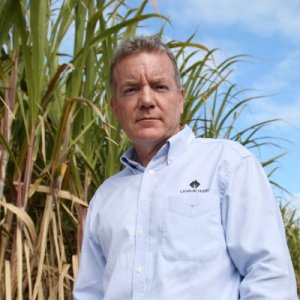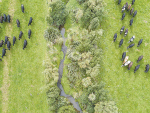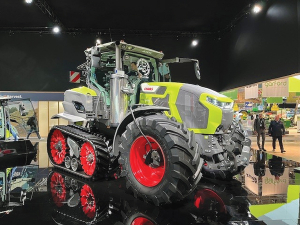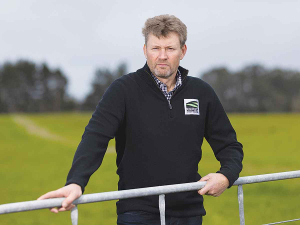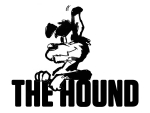Kiwi company Ravensdown's cooperative model it is the way of the future for growers in Australia, says chief executive of Australian agriculture's influential Queensland Cane Growers Organisation (CANEGROWERS).
In the latest CANEGROWERS magazine, chief executive Steve Greenwood (pictured) is full of praise for the way Kiwi farmers operate, saying New Zealand punches above its weight internationally in farming (and in sport)
"The more I have to do with these neighbours of ours, the more my admiration grows," Greenwood says in his editorial. "On a per capita basis they outperform most countries and I include Australia in that comparison."
Greenwood says a key area for New Zealand's success is because Kiwi farmers have learned the value of working together to achieve common goals. He cites the wide use of cooperatives in New Zealand agriculture as an example of this.
"They (New Zealand farmers) manage their input costs through cooperatives, the most notable being Ravensdown. New Zealanders know that by working in partnership the individual benefits are greater."
It's a model Greenwood wants to see taken up more in Australia.
"One of the biggest areas of concern expressed by sugarcane growers is ever-increasing input costs of fuel, fertiliser, water, chemicals and electricity. These issues are going to be a major focus for CANEGROWERS in the coming year and, among a range of options, we will be exploring the potential for cooperative action."
Greenwood says more cane growers need to take up the option of the Ravensdown cooperative in Australia.
"CANEGROWERS worked tirelessly to achieve lower fertiliser prices for the sugarcane industry by the introduction of Ravensdown to our market, and it worked. One simple step that all growers should take to reduce costs and achieve better financial outcomes is to take advantage of the deals available through Ravensdown.
"Let's show the Kiwis that, while we often struggle to match them on the rugby field, we are smart enough to work together to lower costs and achieve better returns."
Ravensdown chairman Bill McLeod says that during a period of several years, nearly all Queensland rural cooperatives were snapped up by corporates who set prices with one eye on their shareholders' dividends. "When CANEGROWERS invited us across the Tasman four years ago, the excitement and enthusiasm was like the first days of the gumboot takeover in New Zealand. There's no danger of them taking their cooperative for granted!"





